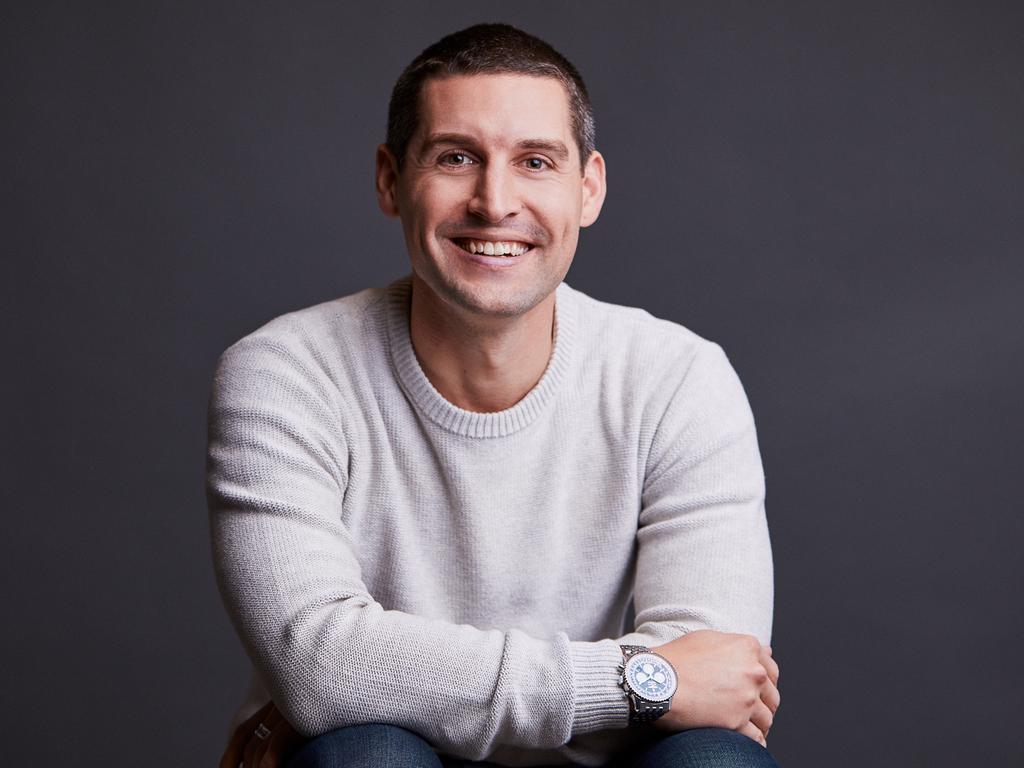New system of support needed for the mentally ill
Commonwealth and state governments are facing demands to fund a new system of supports for mental health as thousands of Australians fall between the gaps.

Commonwealth and state governments are facing demands to fund an entirely new system of supports for mental health outside the NDIS, hospitals and primary care worth billions of dollars, as thousands of Australians fall between the gaps with devastating consequences, such as the Bondi Junction tragedy.
Ahead of the first meeting of federal and state ministers for health and mental health in years – prompted by the killing of six people in Sydney’s eastern suburb Bondi by a mentally ill Queensland man in April – more than 80 peak organisations have launched a campaign calling on a new “co-funded system of supports” for mental health that would take pressure off overwhelmed GPs and hospitals.
“Governments affirmed through the National Agreement their shared responsibility to ‘address existing gaps over time in the funding and delivery of new and additional community-based mental health services to support equitable access to treatment, care and support’,” the statement to the ministers, seen by The Australian, said.
“However, there is an ongoing gap in supports between primary care and acute and emergency services, and fragmentation between services, jurisdictions and portfolios that makes the mental health – and associated disability and social support – system very difficult to access and navigate.”
The new system of supports would ensure Australians suffering from mental illnesses could access community-based care staffed by “multidisciplinary teams”, including psychologists, allied health workers, occupational therapists and social workers.
While the organisations – including Mental Health Australia, the Black Dog Institute, Orygen, headspace, Sydney University, the Pharmacy Guild and others – have not provided modelling for what the new supports would cost, the Productivity Commission has previously indicated an extra investment in mental health of $2.4bn was needed to fill gaps in care.
“Governments should... ringfence mental health funding through the next National Health Reform Agreement,” the statement to ministers said.

The murder of six people in a Westfield shopping centre in Bondi by a knife-wielding attacker earlier this year sent shockwaves across the country and prompted questions over whether the assailant, Joel Cauchi, had fallen through the cracks of the health system. First diagnosed with schizophrenia at 17, he had undergone treatment in the public health system in Toowoomba for more than 10 years.
Experts, including former Australian of the Year Pat McGorry, urged governments to recognise that the mental health system had been “neglected”, with horrific consequences.
Governments spend only 7 per cent of total health expenditure on mental health - down from 8 per cent in 2019-20.
There is also a 32 per cent shortfall across the mental health workforce, anticipated to grow to 42 per cent by 2030 without action, which prompted the peak bodies to urge for governments to “invest in fully funding implementation of the National Mental Health Workforce Strategy.”
“This should begin with year-by-year targets for increasing access to training through increased subsidies, placements and traineeships, and must include targeted actions to grow and ensure sustainability of the community-managed mental health and lived experience workforces,” the statement to ministers said.
The peak organisations also demanded the government release the long-awaited national analysis of unmet need for psychosocial support, with current estimates putting the number of people missing out on psychosocial services they need at about 154,000.
The relevant health and mental health ministers must also commit to meeting twice yearly in a recognition of the urgency of the problem, the organisations say.
“This is the first national meeting of Health and Mental Health Ministers in years, and comes at a time when the rate of young people experiencing mental health conditions has increased by an alarming 50 per cent over recent years,” Mental Health Australia chief executive, Carolyn Nikoloski, said.
“Mental health conditions and substance use disorders are also now the leading cause of poor health in Australia.”
Health Minister Mark Butler will met with MHA on Tuesday, ahead of his meeting with the other state and territory ministers.








To join the conversation, please log in. Don't have an account? Register
Join the conversation, you are commenting as Logout